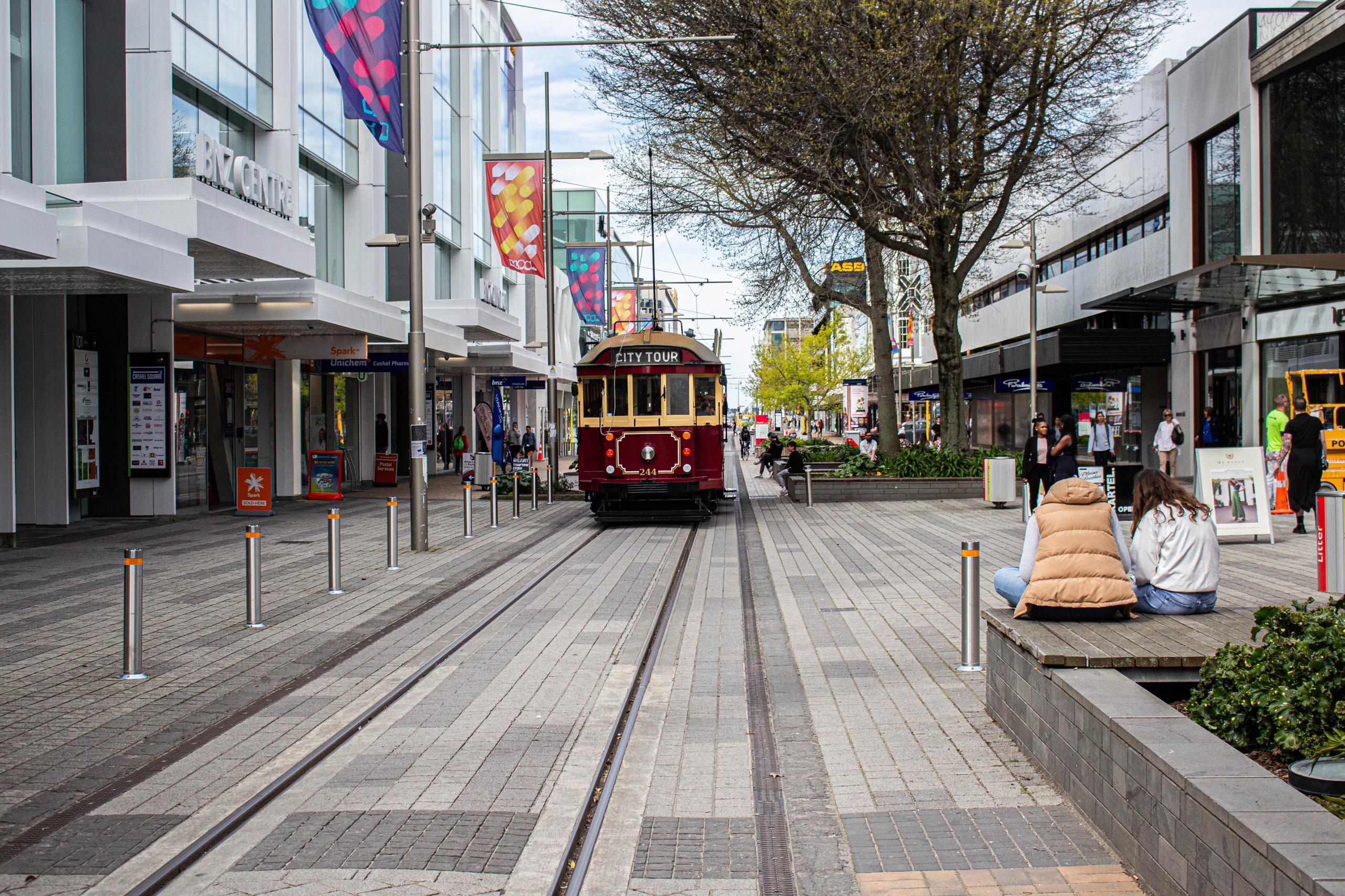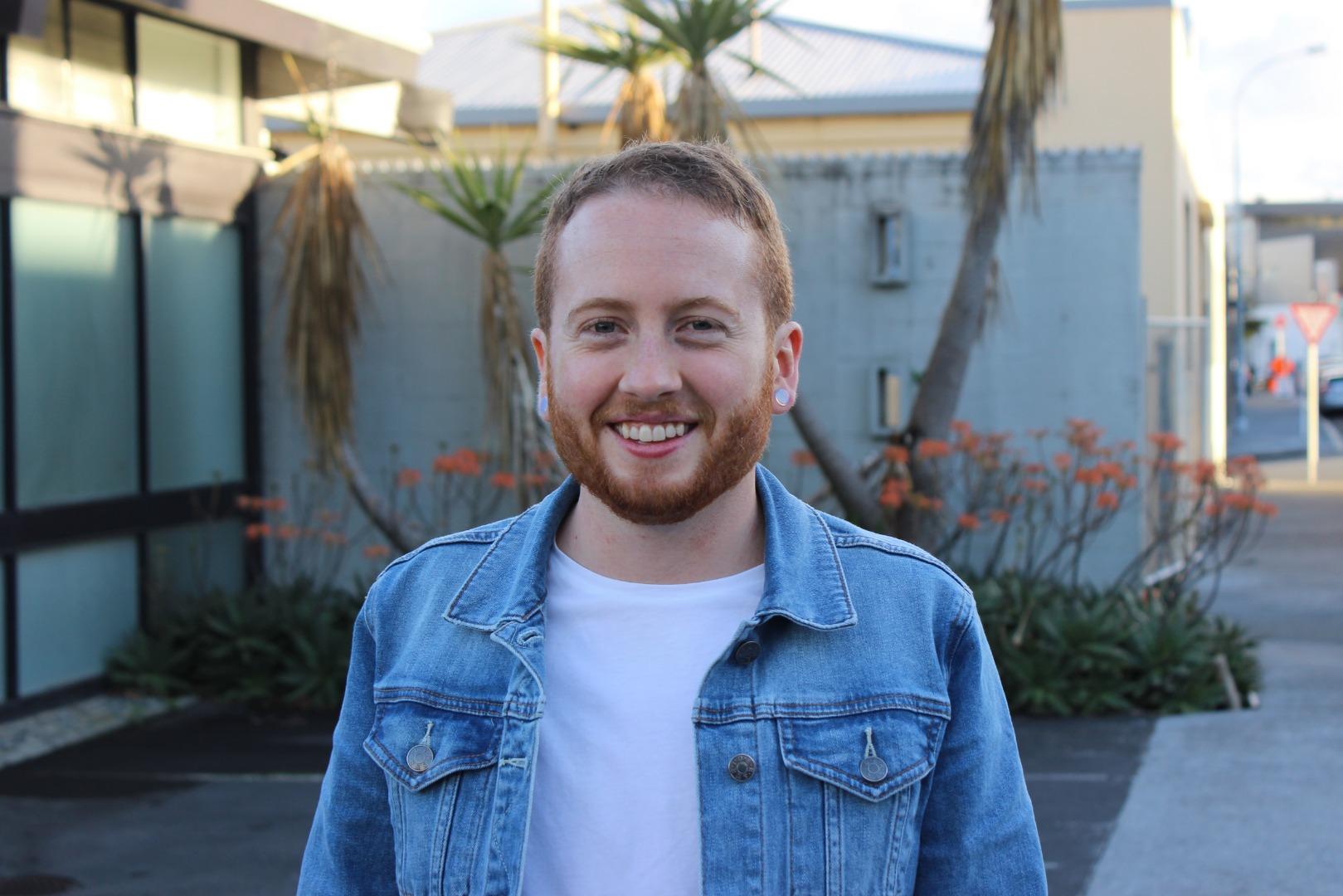-
What we doPersonal development
- Accelerating your impact
- Leadership for young people
- Navigating transitions
- Boosting collaboration
- All programmes
-
Social campaignsSocial campaigns
Taking a stand on social issues. Join us in investing for a better future
Read moreCurrent campaignsPast campaigns -
ImpactEvidence
-
AboutLocations
Taine's Story
Taine Polkinghorne
/
6 min read
The LGBTQI+ community’s approach to leadership – collaborative, non-hierarchical, fun and ‘thin-crust’.

Around the world, the month of June signifies a celebration of the LGBTQI+ community, as well as an opportunity to bring awareness to the challenges that LGBTQI+ people face. Throughout June, we want to give a platform to the leadership stories of our alumni who are part of the LGBTQI+ community and who actively campaign in this field, celebrating the impact that they’ve had both at work and in society.
My day job entails providing human rights advice to New Zealand's Chief Human Rights Commissioner, Professor Paul Hunt, in the area of SOGIESC. We, and our wider Commission colleagues, contribute to advancing human rights in Aotearoa, New Zealand by connecting communities with decision-makers through consultation, research, and strategic advice.
My role uses human rights laws and principles – such as the right to be free from discrimination – to address the issues LGBTQI+ communities still face.
Starting out as a leader for LGBTQI+ advocacy
When I was first coming out and getting involved in LGBTQI+ advocacy and activism, I gravitated towards peers who I could learn from. I saw first-hand that everyone had something to contribute, especially those who I disagreed with. Working together in a collaborative, non-hierarchical, and fun way made me a more open-minded person, though I still had a lot to learn.
I needed to find others like me. Thankfully, LGBTQI+ people have always been good at finding each other! Reaching out for support was necessary to connect with others who had walked a similar path. There is a level of authenticity, empathy, and understanding that we share without needing to explain our experiences and reactions.
When I was coming out many years ago, there was much less visibility than there is now of openly queer and trans people like me. If we don’t see our stories and our lives celebrated publicly and joyfully, we can feel isolated and begin to doubt ourselves. In my own life, being strong in my identity has required a great deal of diplomacy and the ability to deal with antagonistic opinions. It has also given me both a strong sense of social justice and a profound sense of gratitude to the freedoms and opportunities I enjoy.
The LGBTQI+ community’s ‘thin-crust pizza’ approach to leadership
Most of the social change work in LGBTQI+ communities is done by unpaid activists on weekends and late at night after our day jobs. Together we organize, lead, and strategize to make a very small amount of resource go a long way. A friend of mine describes this as the ‘thin-crust pizza’ approach!
I see community leadership all around me. It reminds me to think about who has access to a microphone and who doesn’t. The issues facing LGBTQI+ people are intersectional: racism, climate change, abortion rights and bodily autonomy are all LGBTQI+ issues. Showing solidarity across different movements will help us all get to a fairer and more just society faster. Shared goodwill has more power than division.
Applying the Core and Flex principle
One of the most useful and tangible things I learnt during the 33Sixty programme was the concept of Core and Flex. While I might have known it intuitively, I had never seen it described before, and I still reflect on it to this day. I recall the theme of the week – how the private, public, and not-for-profit sectors could change how they work together – and the project that my group presented on the final day. We had a huge amount of fun coming together to create a solution under pressure.
33Sixty shook me out of my comfort zone, and the connections I made with other young leaders from across the world challenged my thinking in a positive way. This was especially the case having come from a privileged background and upbringing. I was so humbled to be part of the experience and feel certain that it contributed to future jobs and opportunities.
Since appreciating my preference as a visual learner during 33Sixty, I embarked upon a journey to begin learning a second language: New Zealand Sign Language. This is a wonderful new skill which improved my understanding of communication, grammatical structure, and memory. Quite different to the written word, and with its own intricacies and advantages to verbal speech, I developed a deep appreciation and love for New Zealand’s third official language.
By doing a lot more listening than talking, I have been amazed at the initiatives and resources popping up from our community organizations to ensure we can stay connected to each other during the coronavirus pandemic.
People being involved in decisions which affect their lives is one of the most fundamental human rights principles: ‘Nothing about us without us.’ Our communities need to be resourced to help develop solutions.
After all, the community exists to help individuals remember their purpose: our common purpose.

Taine Polkinghorne is the human rights adviser on sexual orientation, gender identity, and sex characteristics (SOGIESC) for the New Zealand Human Rights Commission.
He took part in the 33Sixty programme in 2016.
Related Stories
Joyce Sarpong

